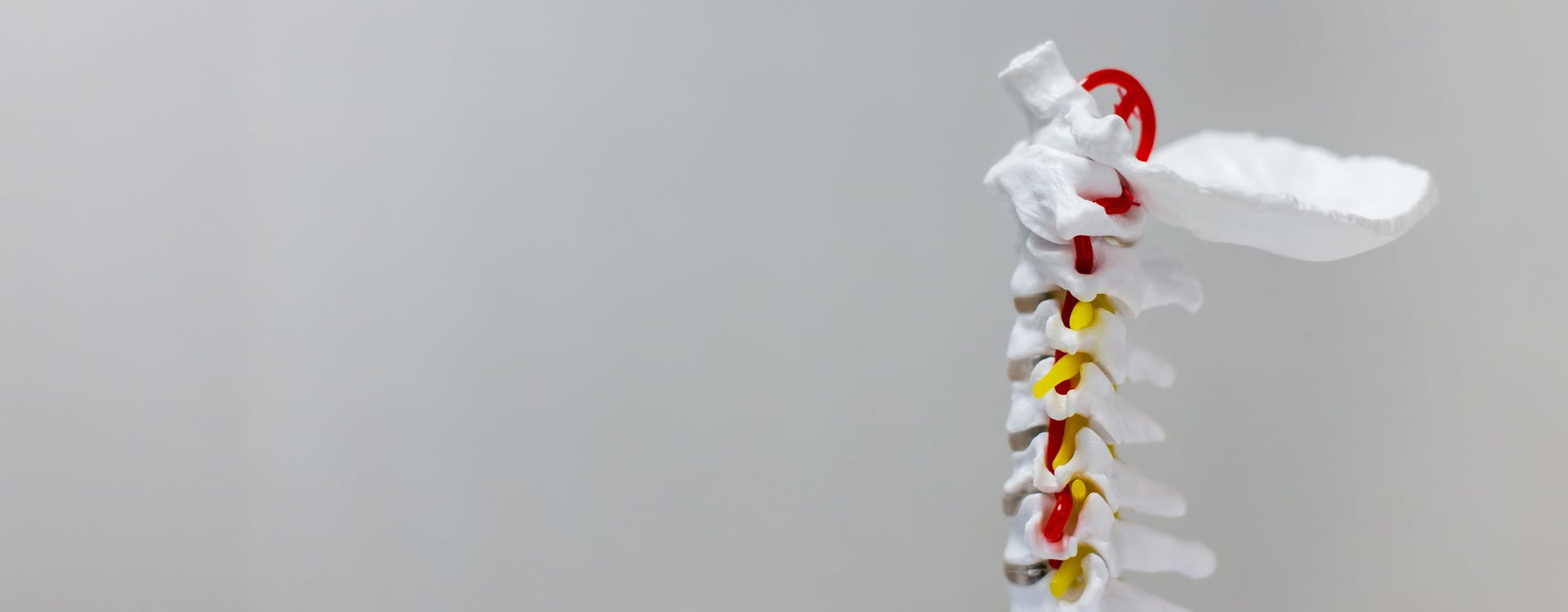Treatment Options for Degenerative Disc Disease
Treatment for DDD aims to relieve pain, improve function, and prevent further degeneration. Options include:
Medications
Pain relievers, nonsteroidal anti-inflammatory drugs (NSAIDs), and muscle relaxants.
Physical Therapy
Exercises to strengthen the back and neck muscles, improve flexibility, and reduce stress on the spine.
Injections
Corticosteroid injections to reduce inflammation and relieve pain in the affected area.
Activity Modification
Avoiding activities that exacerbate symptoms and adopting ergonomic practices.
Surgical Options
In severe cases, surgery may be necessary to remove or repair the damaged disc, such as spinal fusion or artificial disc replacement.









